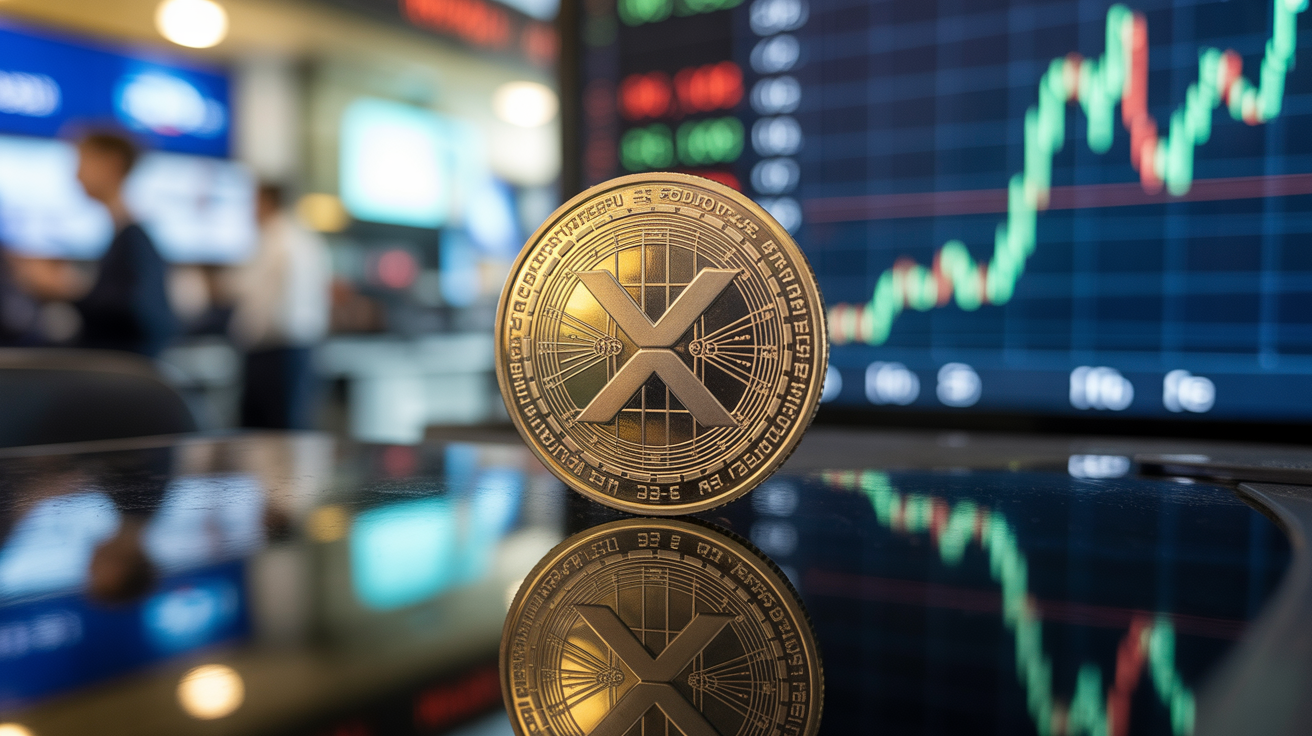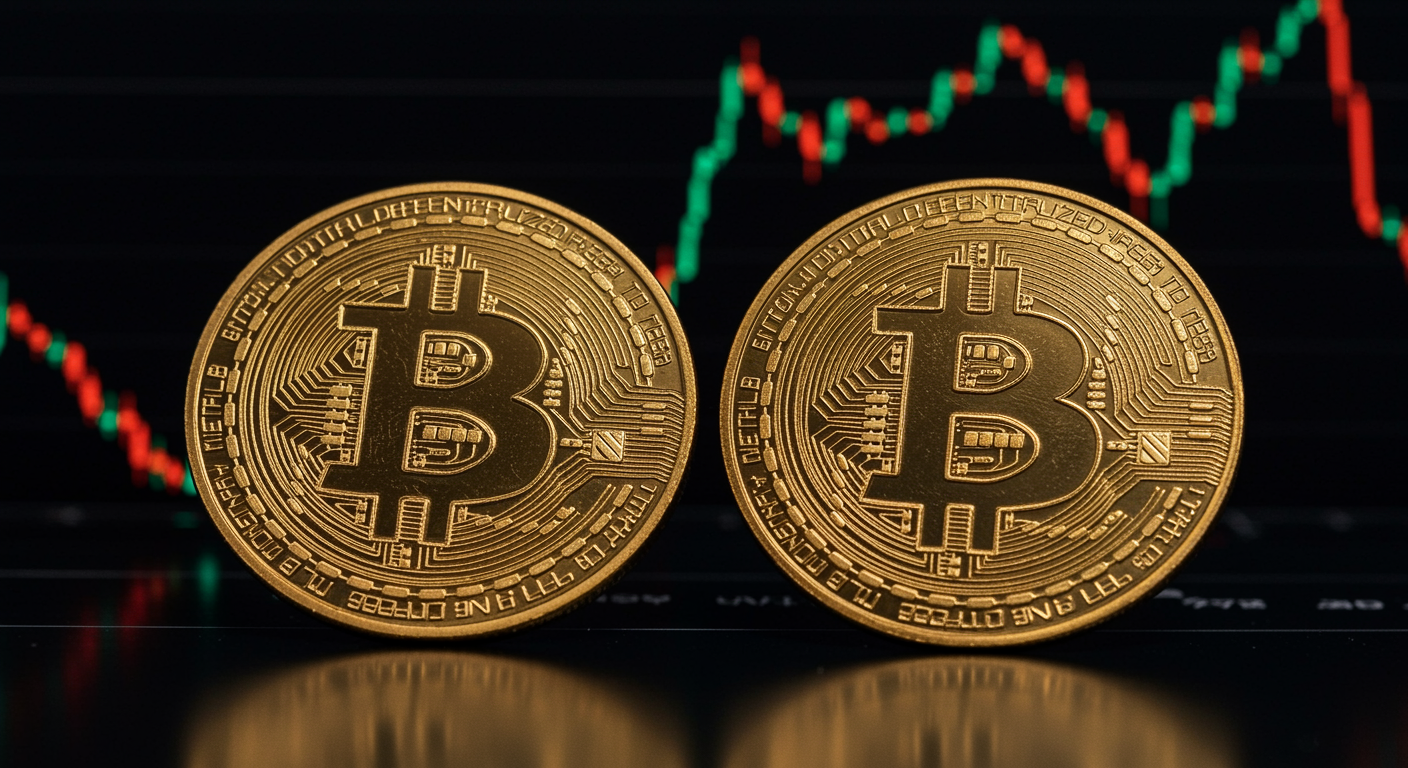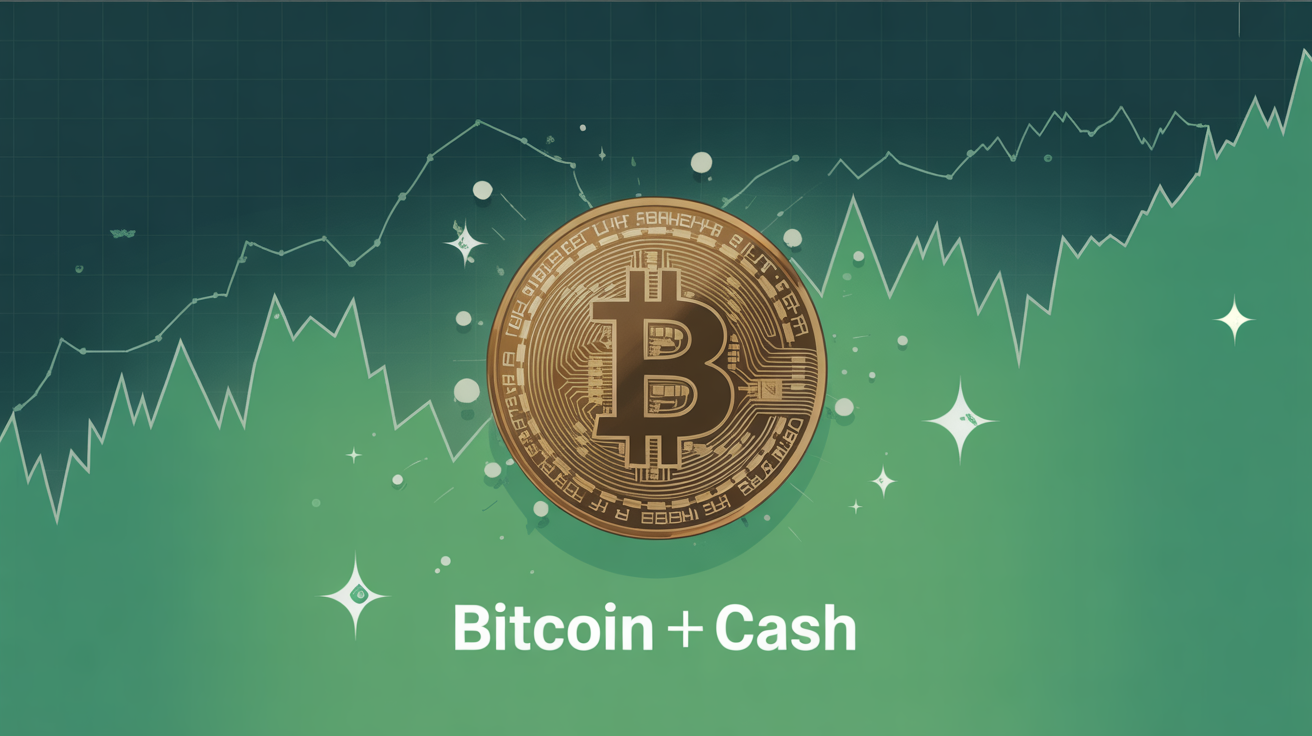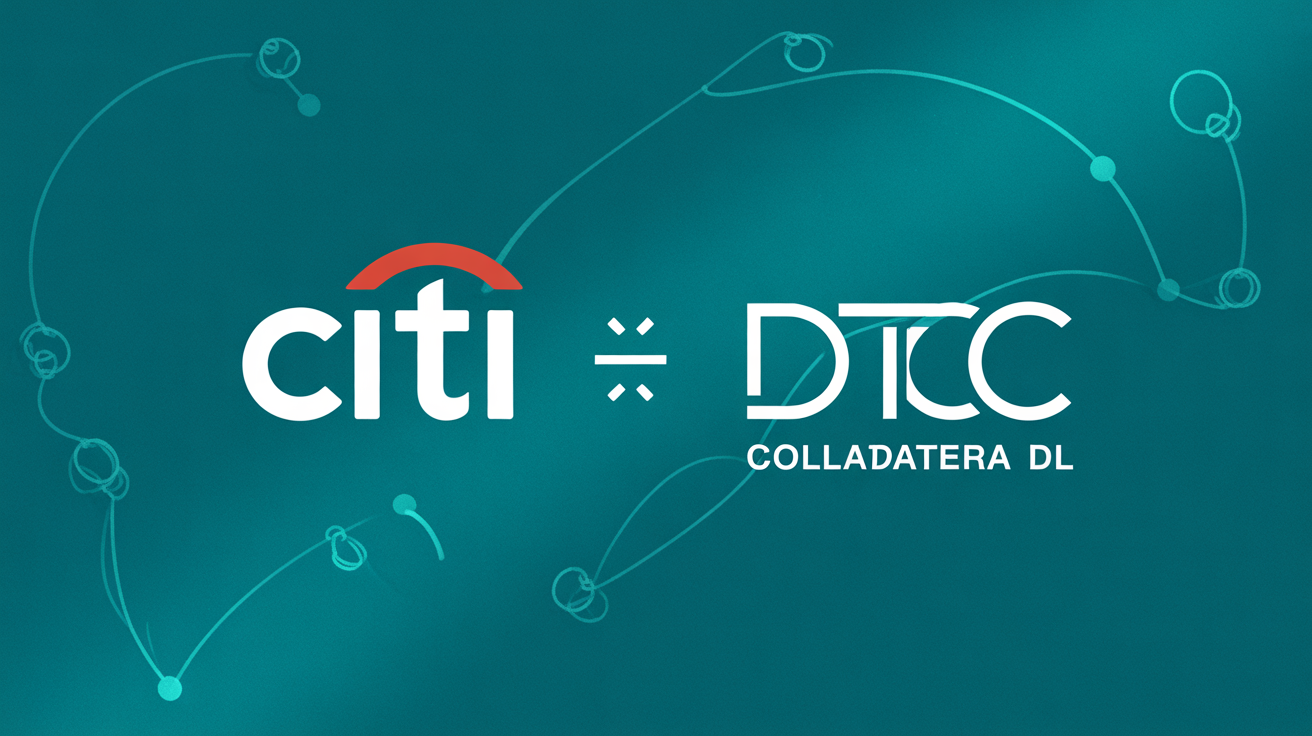Galaxy’s $9 Billion Bitcoin Sale Sparks Debate Over Early Investors’ Commitment
Galaxy Digital’s recent $9 billion Bitcoin sale on behalf of a Satoshi-era investor has reignited discussions about the faith and intentions of Bitcoin’s earliest adopters, highlighting tensions around the asset’s evolving role.
The transaction, one of the largest in Bitcoin’s history, involved over 80,000 BTC and was reportedly executed as part of estate planning. While practical in nature, it quickly became a catalyst for debate within the crypto community.
Crypto analyst Scott Melker stirred controversy on X by suggesting the sale could indicate waning confidence among Bitcoin’s original whales. His comment sparked a widespread conversation among traders, influencers, and veteran supporters about Bitcoin’s future direction.
Diverse Views on the Sale
Many disagreed with Melker’s interpretation, pointing out that a single sale—especially tied to estate planning—does not necessarily signal a loss of conviction. Critics cautioned against reading too much into wallet activity, emphasizing that selling does not always mean abandoning Bitcoin.
Others cited figures like Adam Back, who continue to accumulate BTC, as proof that early believers remain committed. Melker later clarified that his remarks reflected sentiments circulating in the industry rather than his personal view.
A Sign of Changing Times?
Supporters of Melker’s viewpoint see the sale as a symbol of Bitcoin’s shift. With growing institutional adoption through ETFs, corporate treasuries, and custodians, some worry Bitcoin is moving away from its cypherpunk roots toward becoming a traditional financial asset.
This camp fears that as Bitcoin becomes more regulated and integrated with legacy finance, its foundational ideals of decentralization and personal sovereignty may be compromised. The exit of early holders could be a symptom of this evolution.
Institutional Adoption as a Natural Progression
Conversely, others argue Bitcoin’s strength lies in its open and neutral design, accessible to all—from individual users to large institutions. They view the rise of ETFs and custodial solutions as inevitable and necessary for Bitcoin’s wider acceptance.
From this perspective, major sales by early holders are part of a maturing market and capital flow, not signs of lost faith.
Concerns About Bitcoin’s Security Model
The debate also highlighted ongoing questions about the sustainability of Bitcoin’s network security. With declining on-chain activity and upcoming mining reward halvings, there is concern about whether transaction fees will be sufficient to maintain the network long term.
A Moment of Reflection
Although Galaxy’s $9 billion sale did not move markets significantly, it brought attention to an enduring ideological divide. As Bitcoin transitions from a niche experiment to a mainstream financial asset, the community continues to wrestle with balancing its revolutionary origins and institutional future.





























